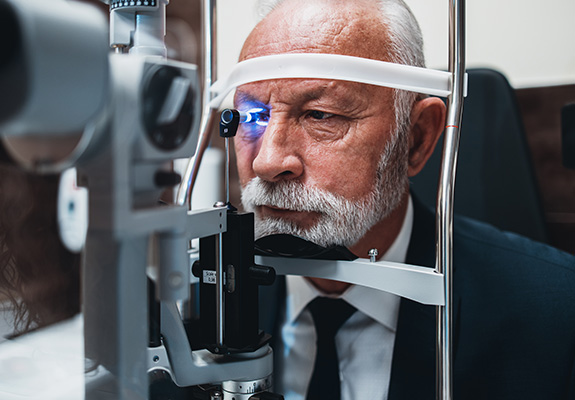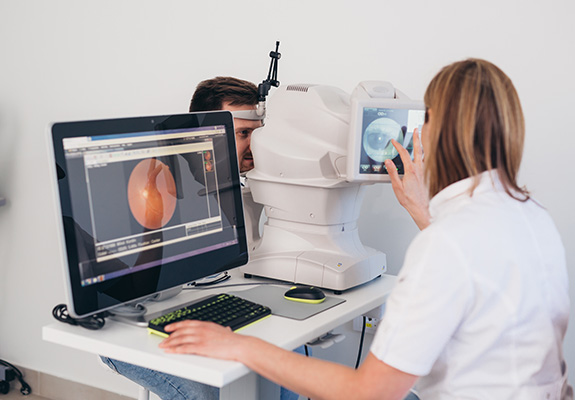
Wearing contact lenses can be a convenient and effective way to correct your vision. Whether you're nearsighted, farsighted, or have astigmatism, there are various types of contact lenses available to suit your specific needs. By understanding the different types of contact lenses and their unique features, you can make an informed decision that will enhance your visual experience and improve your overall quality of life.
The Importance of a Contact Lens Exam
Before you can start wearing contact lenses, it's crucial to undergo a comprehensive contact lens exam with an optometrist. This examination goes beyond a standard eye exam, as it focuses on the specific measurements and requirements of your eyes to ensure a proper and comfortable fit.
During the contact lens exam, your optometrist will assess the curvature of your cornea, the size of your eyes, and the tear film quality, among other factors. This information is essential in determining the right type and size of contact lenses for your unique needs. Additionally, your optometrist will evaluate your overall eye health and provide guidance on the proper care and maintenance of your contact lenses.
Different Types of Contact Lenses
When it comes to contact lenses, there are several distinct types available, each with its own set of features and benefits. Daily wear contact lenses are designed to be worn during the day and removed at night. These lenses are typically made of soft, flexible materials that allow for easy insertion and removal. Daily wear contacts are a popular choice for those who want the convenience of not having to worry about cleaning or storing their lenses overnight.
Extended wear contact lenses are designed to be worn for longer periods. These lenses are typically made of highly breathable materials that allow for increased oxygen transmission to the cornea. Extended wear contacts are a great option for those who lead an active lifestyle or prefer the convenience of not having to remove their lenses as frequently.
Toric contact lenses are specifically designed to correct astigmatism, a common vision condition where the cornea is irregularly shaped, causing blurred or distorted vision. Toric lenses have a unique, asymmetrical design that helps to counteract the effects of astigmatism, providing you with clearer, sharper vision.
Multifocal contact lenses are designed to address presbyopia, a condition that occurs as we age, where the eye's natural lens becomes less flexible, making it harder to focus on close-up objects. Multifocal contacts have different prescriptions in different zones of the lens, allowing you to see clearly at various distances.
Finding the Perfect Fit
Choosing the right contact lenses is not a one-size-fits-all proposition. Your eyes are unique, and the perfect contact lens for you may be different from what works for someone else. This is why it's crucial to consult with an optometrist when selecting your contact lenses.
During your consultation, your optometrist will take precise measurements of your eyes, evaluate your vision needs, and consider your lifestyle and personal preferences. They will then recommend the best type of contact lenses for you, taking into account factors such as your prescription, eye shape, tear film quality, and any existing eye conditions.
Once you've selected the appropriate contact lenses, your optometrist will provide thorough instructions on how to properly insert, remove, and care for your new lenses. They will also schedule follow-up appointments to ensure that the lenses are providing you with the optimal fit and comfort.
Schedule Your Contact Lens Exam with Turcotte Martin Eye Today
Contact lenses have become an increasingly popular and versatile option for vision correction, offering a wide range of choices to suit your individual needs. From daily disposable lenses to extended-wear and specialty contacts, the world of contact lenses has evolved to provide you with more options than ever before.
If you're considering switching to contact lenses or exploring new options, schedule a contact lens exam with Turcotte Martin Eye. We can help you find the perfect fit and guide you through the process of getting started with contact lenses. Please call (617) 361-0618 for our office in Hyde Park or call (617) 609-0095 for our office in Boston, Massachusetts.






